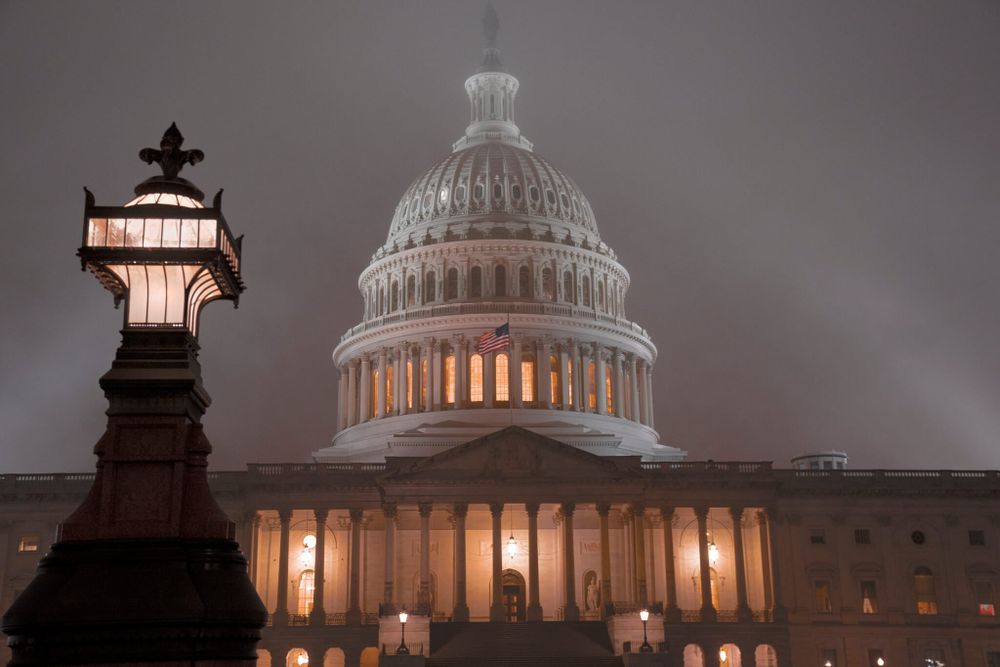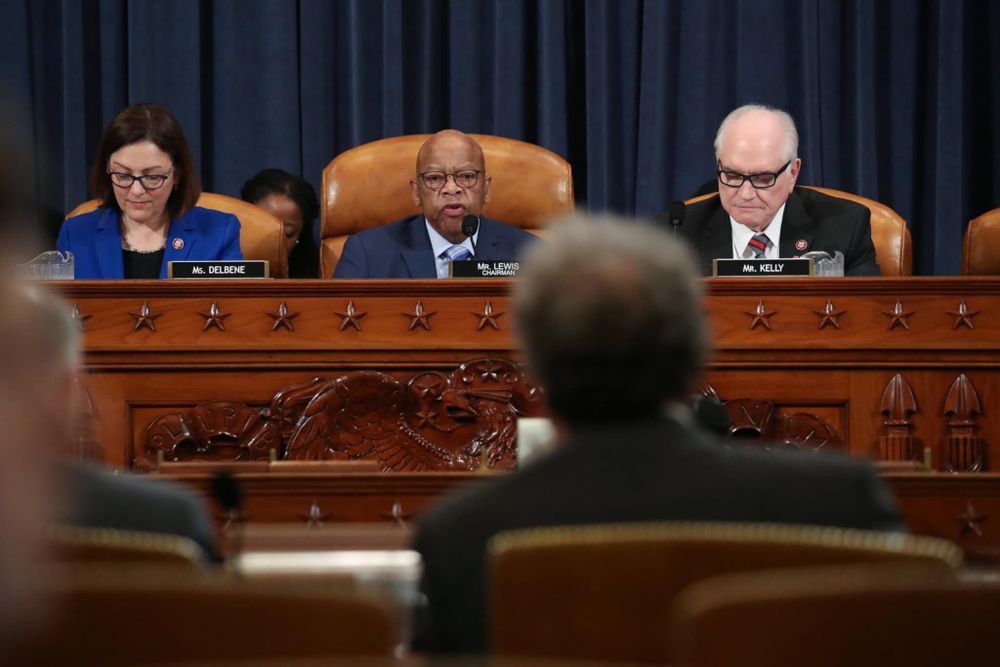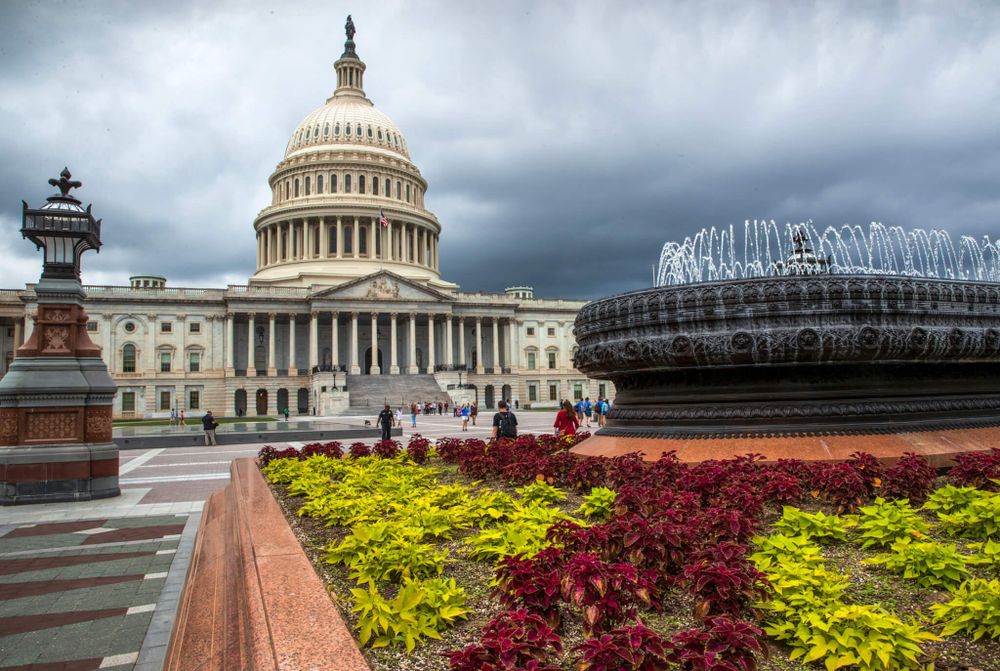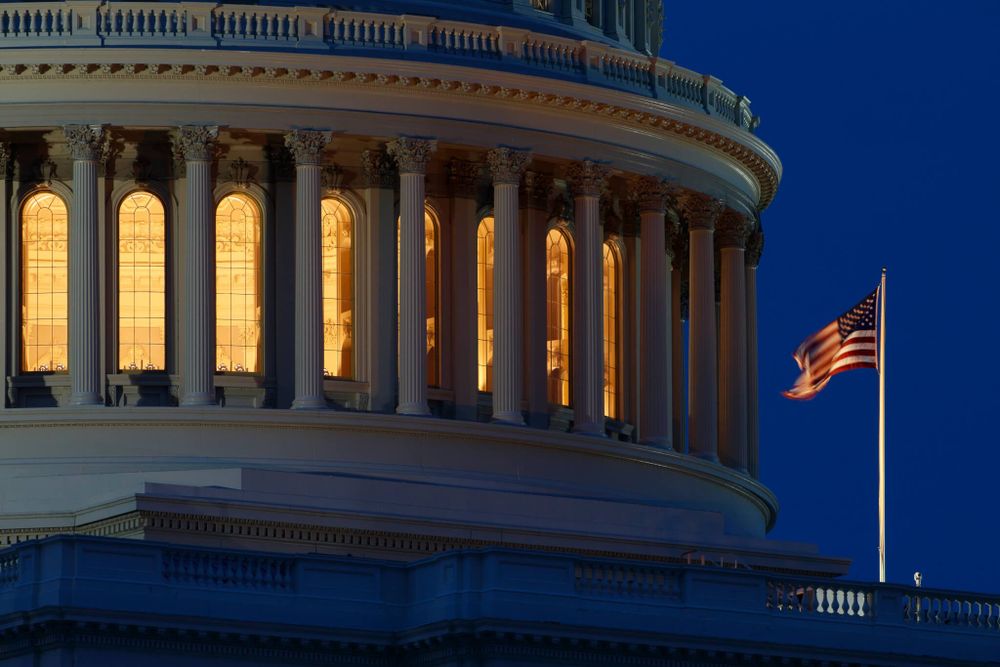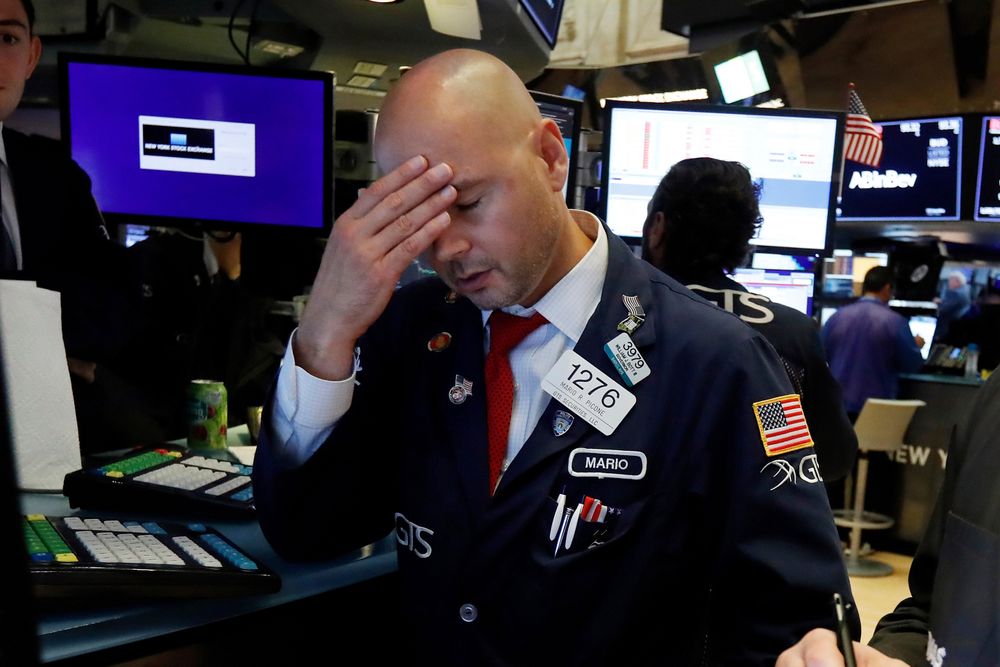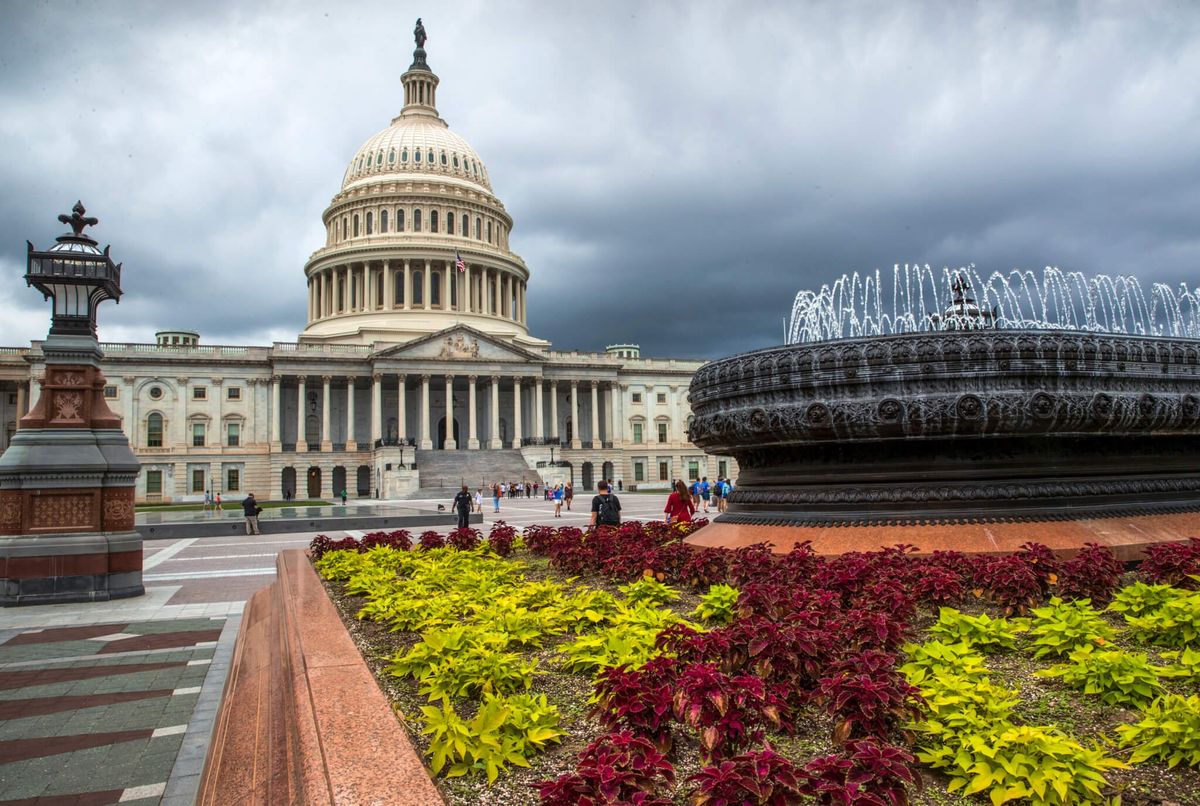
US Budget Deficit Hits $984 Billion, Highest in 7 Years
The federal deficit for the 2019 budget year surged to $984.4 billion, its highest point in seven years, and is widely expected to top the $1 trillion mark in coming years.
The 26% surge from the 2018 deficit of $779 billion that the government reported Friday reflected such factors as revenue lost from the 2017 Trump tax cut and a budget deal that added billions in spending for military and domestic programs.
Forecasts by the Trump administration and the Congressional Budget Office project that the deficit will top $1 trillion in the current budget year. And the CBO estimates that the deficit will stay above $1 trillion over the next decade.
Those projections stand in contrast to President Donald Trump's campaign promises that even with revenue lost initially from his tax cuts, he would be able to eliminate the federal budget deficit with cuts in spending and increased growth generated by the tax cuts.
The budget showed that revenue rose 4% in the 2019 budget year, which ended Sept. 30, but that spending surged at twice that rate. Spending increased for defense programs and for the government's big benefit programs for the elderly, Social Security and Medicare.
Treasury Secretary Steven Mnuchin asserted that Trump's economic program was nevertheless working, with unemployment at its lowest point in nearly 50 years. Mnuchin argued that to put the budget on a sustainable path, Congress must enact proposals "to cut wasteful and irresponsible spending."
So far, though, neither party has shown much interest in reducing the soaring deficits. Trump and Republicans seem content with the $1.5 trillion tax cut measure that Congress passed during Trump's first year in office. And Democrats who are running to oppose him in next year's election have proposed their own expensive spending plans, including Medicare for All.
While pledging to protect Social Security and other benefit programs, many of the Democratic presidential candidates have said they will roll back Trump's tax cuts for the wealthy and corporations to pay for their programs.
Against that backdrop, budget deficits are on track to keep rising — thereby raising the national debt, as a percentage of the economy, to its highest point since the end of World War II.
The government did previously run $1 trillion annual deficits from 2009 through 2012, when the Obama administration was spending heavily to combat the effects of the 2008 financial crisis and the worst recession since the 1930s.
This time, the deficits are occurring at a dramatically different time: The unemployment rate is historically low, and the economy is in a record 11th year of expansion.
 Buttigieg Calls Facebook’s Political Ad Policy a ‘Mistake’Next PostHouse Democrats Issue 3 More Subpoenas in Impeachment Inquiry
Buttigieg Calls Facebook’s Political Ad Policy a ‘Mistake’Next PostHouse Democrats Issue 3 More Subpoenas in Impeachment Inquiry 

